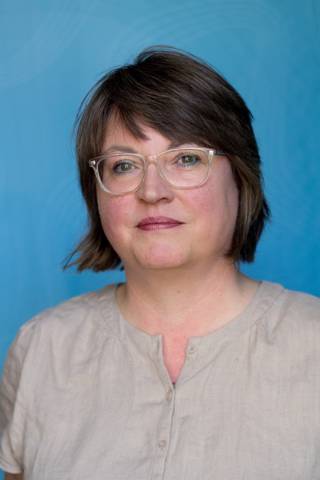If you are a journalist, PRIO’s Communication Department can connect you with our expert researchers who can speak across a diverse range of issues, and in a number of languages.
Topics and regions we cover
PRIO’s current peace and conflict research focuses on 143 countries across the globe.
Many of our researchers have extensive knowledge that is country-specific. Read more about the countries we cover on our Locations page, which includes a list of research carried out on each country, and the researcher who managed the project.
Read more about the full range of issues PRIO has expertise on our Topics page, which includes aid, children, conflict trends, COVID-19, extremism, gender, peacebuilding, drones, terrorism and the war in Ukraine.
PRIO’s Director, Nina Græger, releases an annual list of recommendations for the Nobel Peace Prize, which is covered extensively in the media. Read more about the current and former lists on our Nobel Shortlist pages.
To receive our press releases
Email communication@prio.org to be added to PRIO's Press Releases list to receive news on our latest research.
















